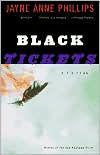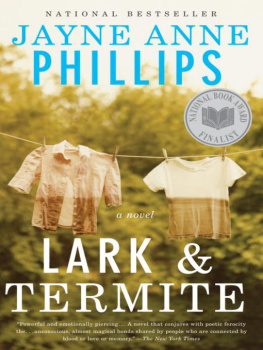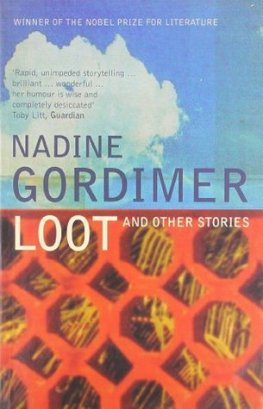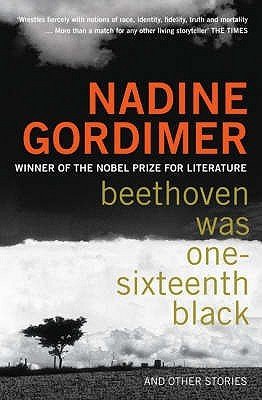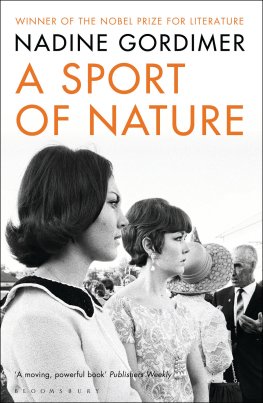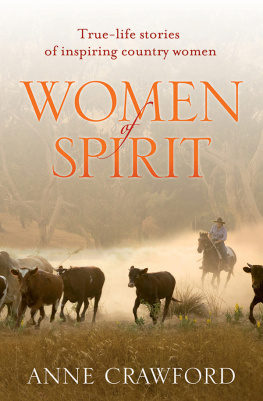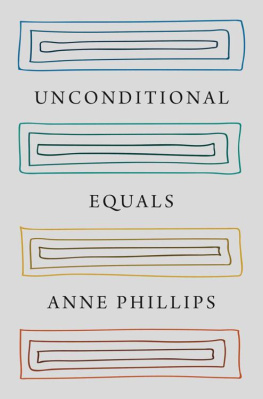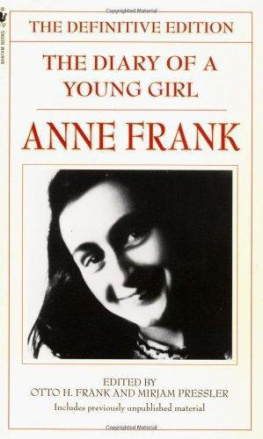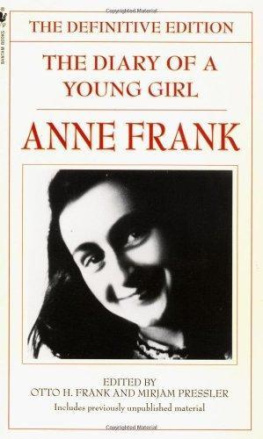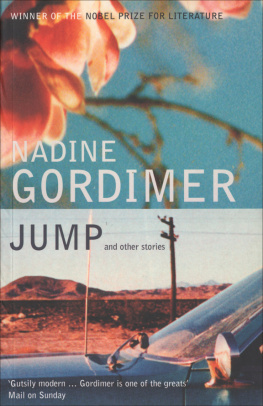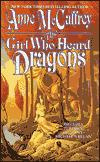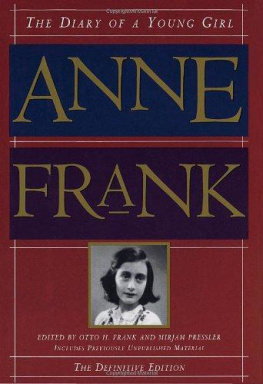Jayne Anne Phillips
BLACK TICKETS
Jayne Anne Phillips was born and raised in West Virginia. She is the author of one other collection of widely anthologized stories, Fast Lanes, and three novels, MotherKind, Shelter, and Machine Dreams. She has won the Sue Kaufman Prize for First Fiction and an Academy Award in Literature from the American Academy and Institute of Arts and Letters, a Bunting Institute fellowship, a Guggenheim fellowship, and two National Endowment for the Arts fellowships in fiction. Her work has been translated into twelve languages.
Wedding Picture
M Y MOTHERS ANKLES curve from the hem of a white suit as if the bones were water. Under the cloth her body in its olive skin unfolds. The black hair, the porcelain neck, the red mouth that barely shows its teeth. My mothers eyes are round and wide as a light behind her skin burns them to coals. Her heart makes a sound that no one hears. The sound says each fetus floats, an island in the womb.
My father stands beside her in his brown suit and two-tone shoes. He stands also by the plane in New Guinea in 1944. On its side there is a girl on a swing wearing spike heels and short shorts. Her breasts balloon; the sky opens inside them. Yellow hair smooth as a cats, she is swinging out to him. He glimmers, blinded by the light. Now his big fingers curl inward. He is trying to hold something.
In her hands the snowy Bible hums, nuns swarming a honeyed cell. The husband is an afterthought. Five years since the high school lover crumpled on the bathroom floor, his sweet heart raw. Shes twenty-three, her mothers sick, its time. My fathers heart pounds, a bell in a wrestlers chest. He is almost forty and the lilies are trumpeting. Rising from his shoulders, the cross grows pale and loses its arms in their heads.
Home
I M AFRAID Walter Cronkite has had it, says Mom. Roger Mudd always does the news nowhow would you like to have a name like that? Walter used to do the conventions and a football game now and then. I mean he would sort of appear, on the sidelines. Didnt he? But you never see him anymore. Lord. Something is going on.
Mom, I say. Maybe hes just resting. He must have made a lot of money by now. Maybe hes tired of talking about elections and mine disasters and the collapse of the franc. Maybe hes in love with a young girl.
Hes not the type, says my mother. You can tell that much. No, she says, Im afraid its cancer.
My mother has her suspicions. She ponders. I have been home with her for two months. I ran out of money and I wasnt in love, so I have come home to my mother. She is an educational administrator. All winter long after work she watches television and knits afghans.
Come home, she said. Save money.
I cant possibly do it, I said. Jesus, Im twenty-three years old.
Dont be silly, she said. And dont use profanity.
She arranged a job for me in the school system. All day, I tutor children in remedial reading. Sometimes I am so discouraged that I lie on the couch all evening and watch television with her. The shows are all alike. Their laugh tracks are conspicuously similar; I think I recognize a repetition of certain professional laughters. This laughter marks off the half hours.
Finally I make a rule: I wont watch television at night. I will watch only the news, which ends at 7:30. Then I will go to my room and do God knows what. But I feel sad that she sits there alone, knitting by the lamp. She seldom looks up.
Why dont you ever read anything? I ask.
I do, she says. I read books in my field. I read all day at work, writing those damn proposals. When I come home I want to relax.
Then lets go to the movies.
I dont want to go to the movies. Why should I pay money to be upset or frightened?
But feeling something can teach you. Dont you want to learn anything?
Im learning all the time, she says.
She keeps knitting. She folds yarn the color of cream, the color of snow. She works it with her long blue needles, piercing, returning, winding. Yarn cascades from her hands in long panels. A pattern appears and disappears. She stops and counts; so many stitches across, so many down. Yes, she is on the right track.
Occasionally I offer to buy my mother a subscription to something mildly informative: Ms., Rolling Stone, Scientific American.
I dont want to read that stuff, she says. Just save your money. Did you hear Cronkite last night? Everyones going to need all they can get.
Often, I need to look at my mothers old photographs. I see her sitting in knee-high grass with a white gardenia in her hair. I see her dressed up as the groom in a mock wedding at a sorority party, her black hair pulled back tight. I see her formally posed in her cadet nurses uniform. The photographer has painted her lashes too lushly, too long; but her deep red mouth is correct.
The war ended too soon. She didnt finish her training. She came home to nurse only her mother and to meet my father at a dance. She married him in two weeks. It took twenty years to divorce him.
When we traveled to a neighboring town to buy my high school clothes, my mother and I would pass a certain road that turned off the highway and wound to a place I never saw.
There it is, my mother would say. The road to Wonder Bar. Thats where I met my Waterloo. I walked in and he said, There she is. Im going to marry that girl. Ha. He sure saw me coming.
Well, I asked, Why did you marry him?
He was older, she said. He had a job and a car. And Mother was so sick.
My mother doesnt forget her mother.
Never one bedsore, she says. I turned her every fifteen minutes. I kept her skin soft and kept her clean, even to the end.
I imagine my mother at twenty-three; her black hair, her dark eyes, her olive skin and that red lipstick. She is growing lines of tension in her mouth. Her teeth press into her lower lip as she lifts the woman in the bed. The woman weighs no more than a child. She has a smell. My mother fights it continually; bathing her, changing her sheets, carrying her to the bathroom so the smell can be contained and flushed away. My mother will try to protect them both. At night she sleeps in the room on a cot. She struggles awake feeling something press down on her and suck her breath: the smell. When my grandmother can no longer move, my mother fights it alone.
I did all I could, she sighs. And I was glad to do it. Im glad I dont have to feel guilty.
No one has to feel guilty, I tell her.
And why not? says my mother. Theres nothing wrong with guilt. If you are guilty, you should feel guilty.
My mother has often told me that I will be sorry when she is gone.
I think. And read alone at night in my room. I read those books I never read, the old classics, and detective stories. I can get them in the library here. There is only one bookstore; it sells mostly newspapers and True Confessions oracles. At Krogers by the checkout counter I buy a few paperbacks, bestsellers, but they are usually bad.
The television drones on downstairs.
I wonder about Walter Cronkite.
When was the last time I saw him? Its true his face was pouchy, his hair thinning. Perhaps he is only cutting it shorter. But he had that look about the eyes
He was there when they stepped on the moon. He forgot he was on the air and he shouted, There there nowWe have Contact! Contact. For those who tuned in late, for the periodic watchers, he repeated: One small step

